#English school
Explore tagged Tumblr posts
Text
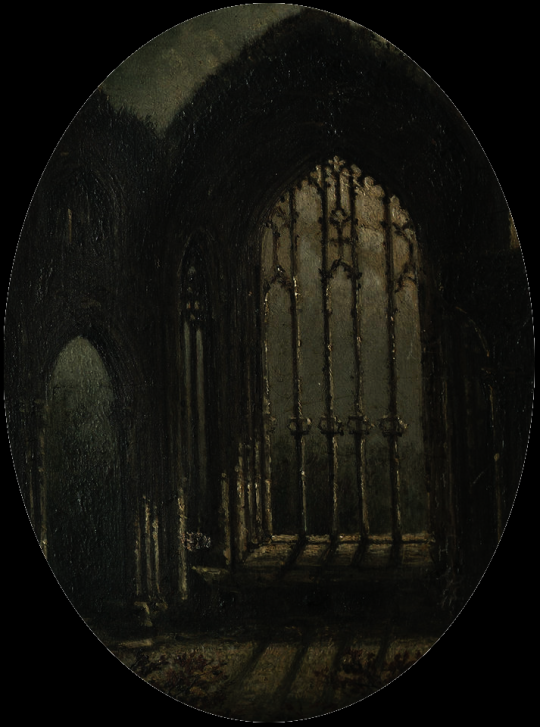
3K notes
·
View notes
Photo

Flowered Textile Design, possibly by William Kilburn (1745-1818) by English School (colour lithograph)
#art#artwork#kunst#kunstwerk#english school#william kilburn#flora#floral art#florale kunst#floral art prints#plants#pflanzen#flowers#blumen#textile design#textildesign#colors#farben#pattern#leaves#blätter#muster#botany#botanik#nature#natur#blossoming#blühen#lithograph
235 notes
·
View notes
Text
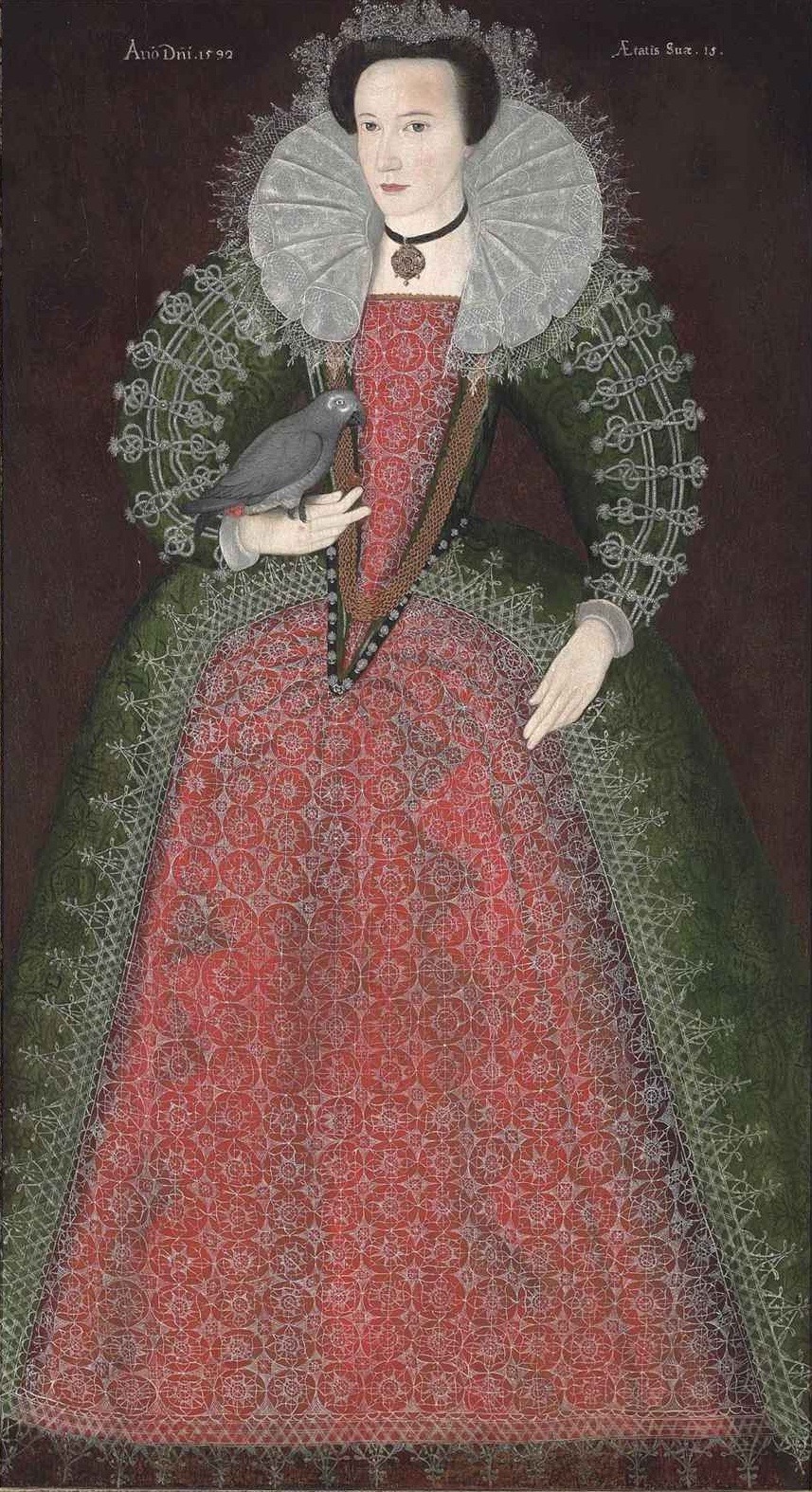
Portrait of a Lady with a Parrot, unknown artist (English School), 1592
#art#art history#English School#portrait#portrait painting#Tudor England#Elizabethan England#English Renaissance#English art#16th century art#oil on panel
165 notes
·
View notes
Photo
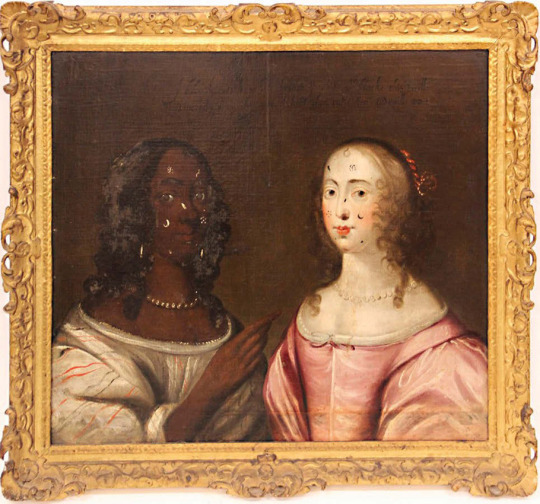
Double Portrait, English School, 1650
773 notes
·
View notes
Text

English School (circa 1900) Karenina, favourite Russian Wolfhound of Alfred, Lord Tennyson inscribed "Tennyson's favourite old Russian wolfhound (17 years old) Farringford Study 5 7th 1900 / She died in March ?) 1901" and signed with unidentified monogram pencil and watercolour heightened with white 17 x 26 cm.
16 notes
·
View notes
Photo
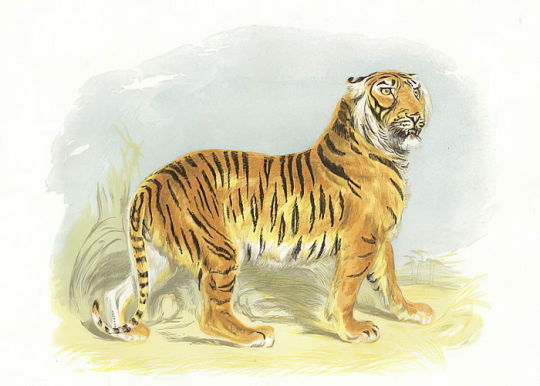
Tiger by English Schoolcolour lithographPrivate Collection
284 notes
·
View notes
Photo
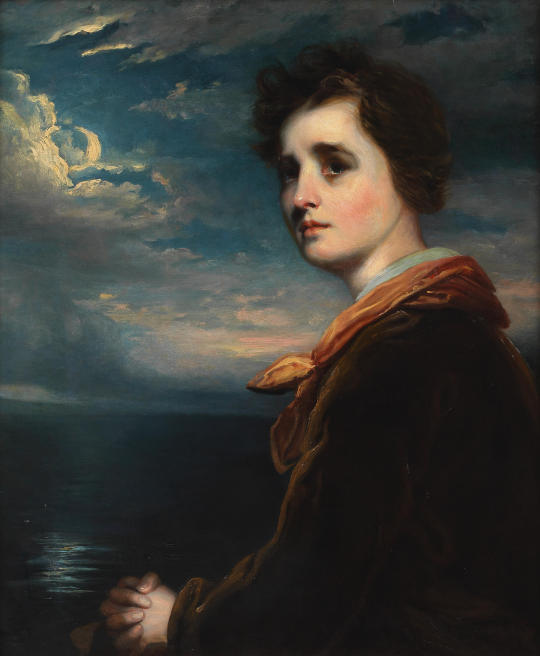
Portrait of a young gentleman before a moonlit sea, unsigned - attributed to Sir Joshua Reynolds, English School
#Sir Joshua Reynolds#Joshua Reynolds#art#19th century art#art history#painting#oil painting#oil on canvas#portrait#english art#english painter#english school#portrait of a man
389 notes
·
View notes
Text
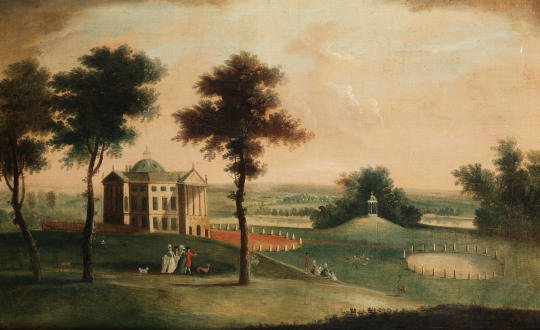
Elegant company in the grounds of an English country house, English School, circa 1740
43 notes
·
View notes
Text
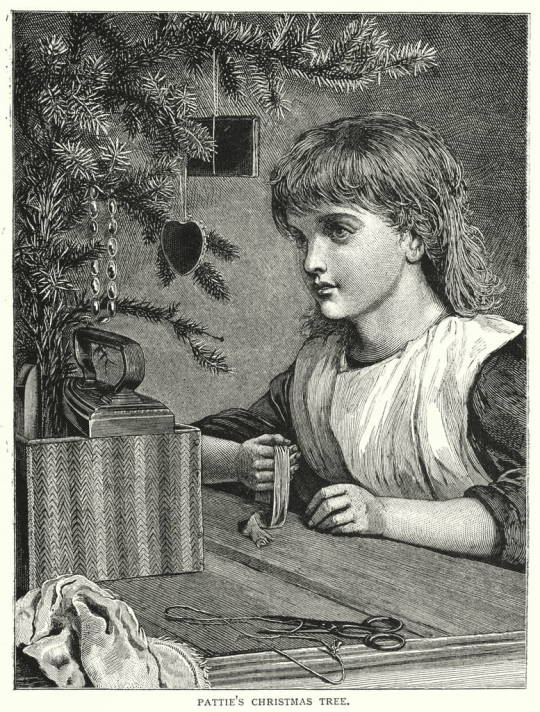
Pattie's Christmas Tree - English School
Engraving
41 notes
·
View notes
Photo

Martha bittet unseren Herrn, Maria zu helfen von English School (coloured engraving)
#kunst#kunstwerk#art#artwork#english school#religion#religiöse kunst#religious art#jesus#jesus christ#christ#christus#savior#retter#martha#menschen#people#maria#gott#god#vater#father#herr#lord#bibel#bible#glaube#faith#beten#bitten
8 notes
·
View notes
Text








All-girls boarding school at Malory Towers (2020)
#film#film stills#scenery#boardingschool#all girls#teenagers#girlhood#english school#malory towers#ocean#photography#cinema#letterboxd#series#enid blyton#bookblr
8 notes
·
View notes
Photo

Oyama Magnolia by English School (colour lithograph)
#art#artwork#kunst#kunstwerk#english school#flora#floral art#florale kunst#floral art prints#flowers#blumen#plants#pflanzen#tree#baum#magnolia#magnolie#oyama magnolia#blossoms#blüten#blooming#blühen#spring#frühling#leaves#blätter#green#grün#scent#duft
8 notes
·
View notes
Photo
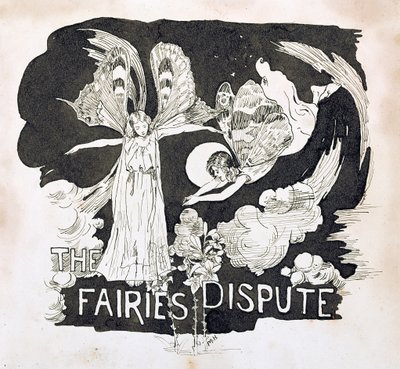
The Fairies Dispute by English School (pen and ink on paper)
#art#artwork#kunst#kunstwerk#english school#mythical art#mystische kunst#mythical creatures#mystische kreaturen#fairies#feen#dispute#women#frauen#wings#flügel#flying#fliegen#clouds#wolken#sky#himmel#moon#mond#night#nacht#flowers#blumen#illustration#pen
7 notes
·
View notes
Text

Prudence
Artist: British (English) School
Date: circa 1674
Medium: OIl Paint and Wood
Collection: National Trust Collections, United Kingdom
DESCRIPTION
An oil painting on panel, full-length standing allegorical female figure of Prudence (after Quellinus), wearing an orange dress with red robe, British (English) School, c1674. Prudence (one of the four Cardinal Virtues) stands, in a landscape, holding a snake, symbolic of wisdom, in her left hand and a mirror in her right, so that she can see herself as she really is. After an engraving by Hubertus Quellinus (Antwerp 1619 - Antwerp 1687), published in 1665-1668, after sculptural figures by his brother, Artus II Quellinus (Antwerp 1609 - Antwerp 1688) in the Vierschaar (High Court) in Amsterdam Town Hall.
#allegorical art#full length#female figure#prudence#english school#landscape#snake#mirror#oil on wood#17th century painting#european#english
4 notes
·
View notes
Photo
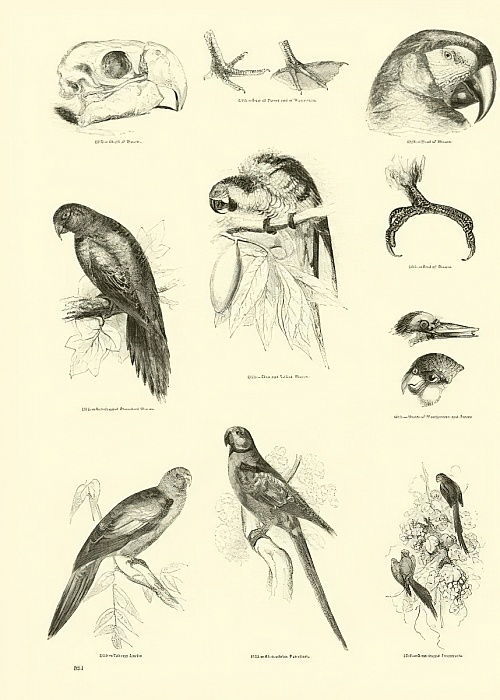
Page from The Pictorial Museum of Animated Nature
#English School#fineart#art#painting#artwork#masterpiece#fineartprint#gallery#museum#pictoral#animated#nature#page#paper#engraving#birds#collage#skull#biology#book
31 notes
·
View notes
Text

Vlad the Impaler
Portrait of Vlad III Dracula (Ambras Portrait)
Artist: European School
Date: Second Half of the 16th Century
Collection: Kunsthistorisches Museum, Vienna
No other historical figure from Eastern Europe has enjoyed as much popularity in the historical record and the modern imagination as Vlad III Dracula. He was prince of Wallachia on three separate occasions during the second half of the 15th century (Oct–Nov 1448; 1456–62; and Nov–Dec 1476).
This was a time of great turmoil across Eastern Europe, following the capture of Constantinople by the Ottoman Turks in 1453 and the subsequent fall of the Byzantine Empire. Although many of the details of Vlad’s life and deeds remain open to interpretation, several surviving visual and textual sources offer a complex picture of this medieval hero who inspired the modern vampire.
This portrait (commonly known as the Ambras Portrait) preserves an iconic image of Vlad III Dracula. Completed several decades after his death and supposedly based on a now-lost original, this painting shows the Wallachian ruler’s bust in three-quarter view and dressed in a red velvet coat with gold buttons and a large fur collar. His elaborate headdress is lined with pearls, a large central gem, and gold accents. His appearance is stern, with large, piercing eyes, arched eyebrows, an aquiline nose, long curly hair, and a prominent mustache. In this painting, the “Dux Balachie” (or ruler of Wallachia)—as the portrait was described in the inventory of Archduke Ferdinand in 1596—is shown as a respectable, yet stern, figure.
The portrait seems to match the only extant written description of Vlad, penned by Niccolò Modrussa (Modruš)—a papal legate at the court in Buda while Vlad was in captivity there for more than a decade, from 1462–74. Modrussa’s description reads:
"(Vlad) was not very tall, but very stocky and strong, with a cold and terrible appearance, a strong and aquiline nose, swollen nostrils, a thin and reddish face in which the very long eyelashes framed large wide-open green eyes; the bushy black eyebrows made them appear threatening. His face and chin were shaven, but for a mustache. The swollen temples increased the bulk of his head. A bull’s neck connected [with] his head from which black curly locks hung on his wide-shouldered person." Radu R. Florescu and Raymond T. McNally, Dracula, Prince of Many Faces, 1989
2 notes
·
View notes